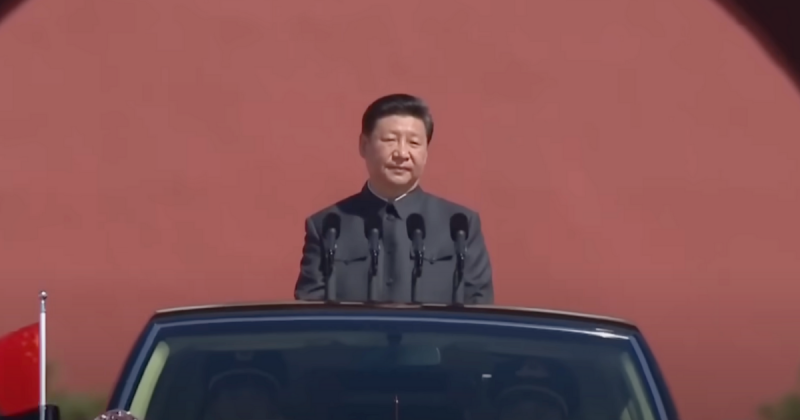Texas has enacted a sweeping new law banning people from China, Iran, North Korea, and Russia from purchasing or owning property in the state.
Senate Bill 17, which took effect this week, blocks individuals, companies, and government-linked entities from the four nations from acquiring real estate, including homes, farmland, and commercial properties.
Supporters say the law is a direct response to national security threats. They point to examples of Chinese government-linked entities purchasing land near sensitive military sites.
State Sen. Lois Kolkhorst (R), who authored the bill, called it “the strongest protection national security bill of any state passed.”
“There are people that are agents of those countries and they are buying up some of our strategic assets,” Kolkhorst said. “We’re not going to have that anymore.”
The law includes limited exceptions.
Individuals from the listed countries who hold student or work visas may buy a single-family home for personal use, but are barred from purchasing additional properties, per Trending Politics.
Violations of the law will carry steep penalties. An individual caught breaking SB17 could face felony charges, up to two years in jail, and fines of $10,000. Companies or organizations could be fined up to $250,000, or half the value of the property.
“This is about protecting Texas,” Kolkhorst said when introducing the measure. “To our adversaries that want to do harm to our state and nation: You’re not buying up Texas land.”
Texas is now the 24th state to pass some form of foreign land ownership ban. Its law mirrors Florida’s SB264, which went further by also targeting Cuba, Venezuela, and Syria.
Not everyone is on board. Two Chinese nationals filed a lawsuit in July seeking to block the law. They argue the ban violates constitutional rights.
“It’s discriminating against Chinese people, it’s discriminating against immigrants,” said Justin Sadowsky, legal director at the Chinese American Legal Defense Alliance and attorney for the plaintiffs.
Sadowsky argued the national security argument is a smokescreen. “It’s not really an issue,” he said. “They don’t really care about national security. They do care about looking tough on immigrants, looking tough on China and effectively being harmful towards people that their base see as undesirable or different.”
Republican lawmakers counter that the risks are real. A 2024 New York Post report revealed that Chinese-linked buyers purchased land next to 19 U.S. military installations.
At the federal level, lawmakers have pointed to recent espionage cases. One Chinese student was convicted for flying a drone over a naval facility in Newport News, Virginia. Another was caught trying to recruit spies in Chicago to steal advanced technology.
“The Chinese Communist Party is fundamentally opposed to our American values, and yet we have handed out hundreds of thousands of student visas to Chinese nationals, many of whom are state-sponsored spies,” said Rep. Brandon Gill, a Texas Republican.
Kolkhorst argued her bill closes dangerous loopholes. “This is about protecting our state, our farms, and our families,” she said.

